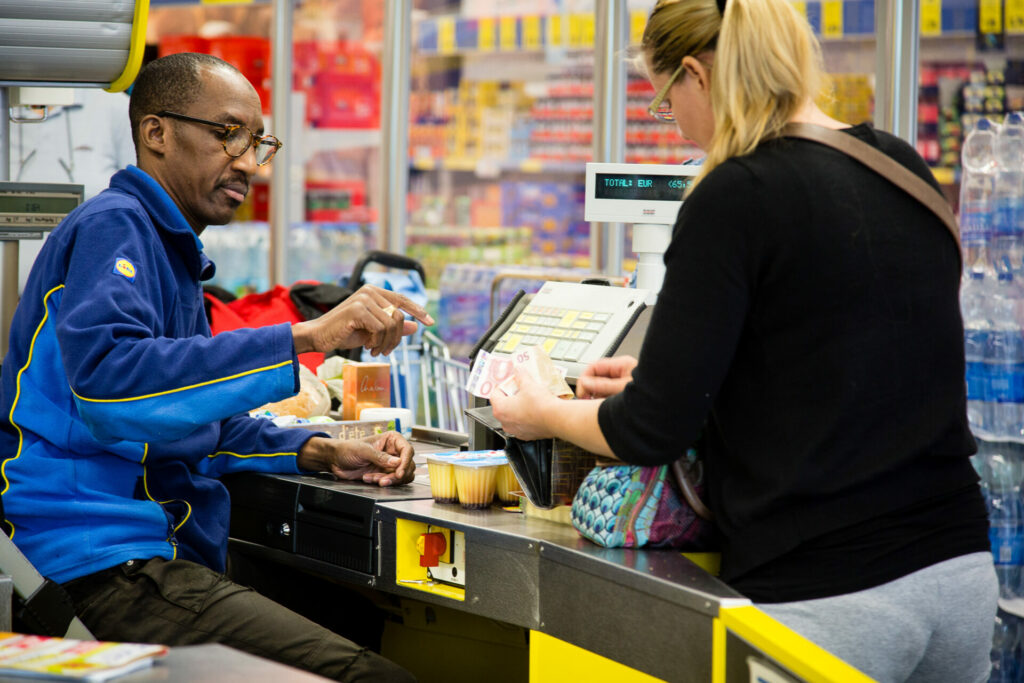Traditionally higher prices of products in Belgian supermarkets compared to neighbouring countries have experienced a notable reduction in recent years, according to a study conducted by the Belgian Competition Authority (BCA).
The key driver behind this trend appears to be the intensified competition among supermarket chains operating in the country.
The study, which used data from European data collection agency Euromonitor, assessed the prices of 390 different products across eight categories, including alcoholic beverages, non-alcoholic beverages, hot drinks, basic foodstuffs, dairy products, snacks, ingredients and prepared meals, and personal care and beauty products.
According to the findings, the in-store prices of products in Belgium were consistently higher than in Germany and the Netherlands but lower than in France. Notably, Belgium stood out for having the highest prices for dairy products and alternatives, as well as cooking ingredients and ready-made meals. On the flip side, non-alcoholic beverages were, on average, pricier in the Netherlands compared to Belgium.
The analysis also indicated that, across nearly all product categories, the average retail prices in Belgium increased at a slower pace or decreased more rapidly between 2018 and 2022 than in the neighbouring countries. Consequently, the price differentials have narrowed over this period.
Related News
- Belgians preferred ordering in than cooking over the festive season
- Carrefour removes PepsiCo products over 'unacceptable prices'
- These supermarket product prices increased the most in 2023
Griet Jans, Chief Economist at the BCA, attributes this shift to the intensified competition among retail distributors in Belgium. She pointed out that new players, such as Albert Heijn and Jumbo in Flanders, have entered the market, prompting existing players to adjust their strategies. Supermarkets have become more assertive in negotiations with manufacturers and have, in some cases, reduced their profit margins on products.
This development comes on the heels of a plea from the Federation of the Belgian Agri-Food Industry (Fevia) to enhance Belgium's competitiveness. In December, Fevia voiced concerns about the increasing numbers of Belgians who crossed the border to Germany, France and the Netherlands for their shopping due to tax disparities and price differences last year.
Recent statistics from Comeos, the Belgian Commerce and Services Federation, revealed that one in eight Belgians engaged in cross-border shopping every month. In the first three months of 2023, cross-border purchases in physical shops amounted to €668.59 million, marking a significant increase compared to the same period in 2022 and 2019.

